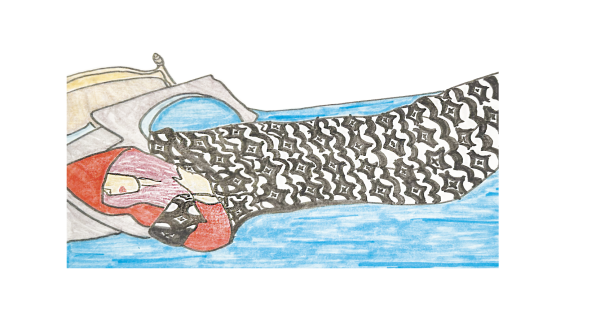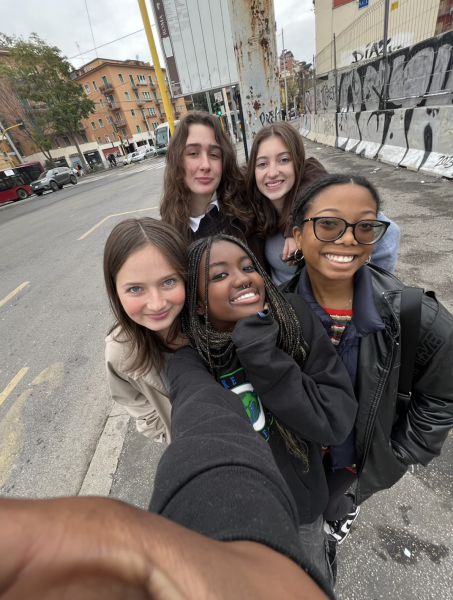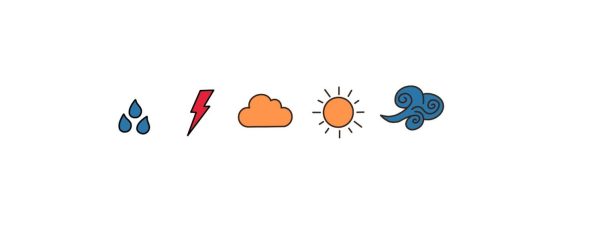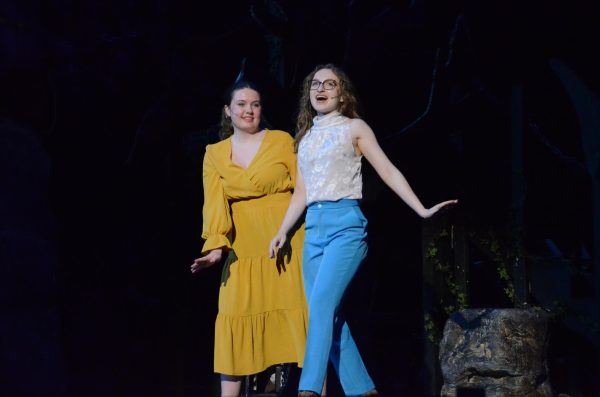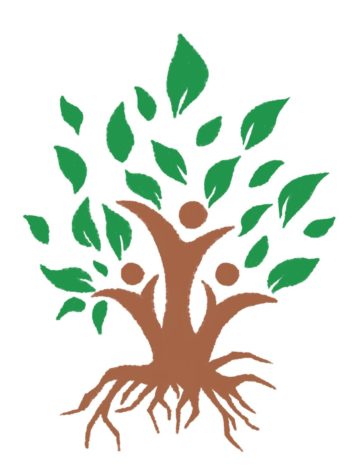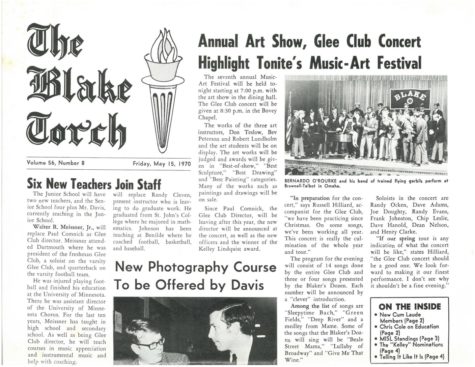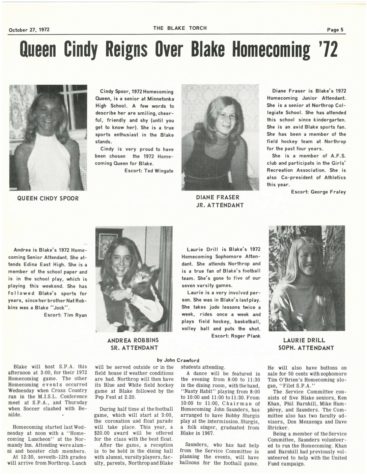Doing activities for joy
76 Blake students weighed in on their reasons for taking AP courses. Starting from yellow going clockwise; to get into a good college; challenge; interest; college credit; proficiency in subject; enjoyment; next logical step; helps with desired career path; college readiness; other.
As students progress further into high school, the looming gates of college and the world beyond home draw nearer and become more powerful as each day passes. Students undeniably have always and will continue to take specific classes, participate in specific extracurricular activities, and shape their lives and thinking around the holy grail of high school: getting accepted into college.
This intensity forms the aura of achievement felt by the majority of students at Blake. Though it produces prepared college students, it is exhausting and strenuous. Members of the student body are beginning to develop ideas that go against this omnipotent force that seems to drive so much of the labor within Blake’s walls.
By its nature as a college-preparatory school, Blake is challenging to all students. Challenge is necessary for growth. But when students begin to shape their lives around unjoyful activities to supplement their desire for scholarly or social recognition, it can be harmful.
Many students, among them Amy Juang ‘16, are opposed to such practices. Juang argues that basing actions off of achievement is unnatural, and that “[students] can achieve more in an activity [they] like doing than one [they] don’t like doing. Doing things just for college is deceiving [themselves] and the college process of finding [their] best match.”
Not only is succumbing to the pressure to get into college harmful, but it may keep someone from achieving. “If you are passionate about something, you find that achievements aren’t hard to come by,” Juang explains. When a student does something because it is a passion and not an obligation, then the student will actually gain more for themselves and will be happier when doing it.
Nick Hughes ‘15 argues that “the emphasis that a college-preparatory school like Blake puts on college influences people to participate in things that don’t necessarily interest them, but rather would appeal to someone looking at their resume.” Hughes considers this way of thinking as not inherently negative but harmful if students sacrifice joy for it.
Hughes expanded that “if [students] like what they’re doing, it’s great. Personally, if I don’t like something, I don’t do it . . . I would rather be doing something I enjoy.”
As we all progress as students, it is vital that we reflect on our motivation for our actions. Korlekour Akiti and Eden Spencer have both opened the doors to discussion with their senior speeches. Both speeches point to to the true source of achievement in high school and life beyond: joy.


